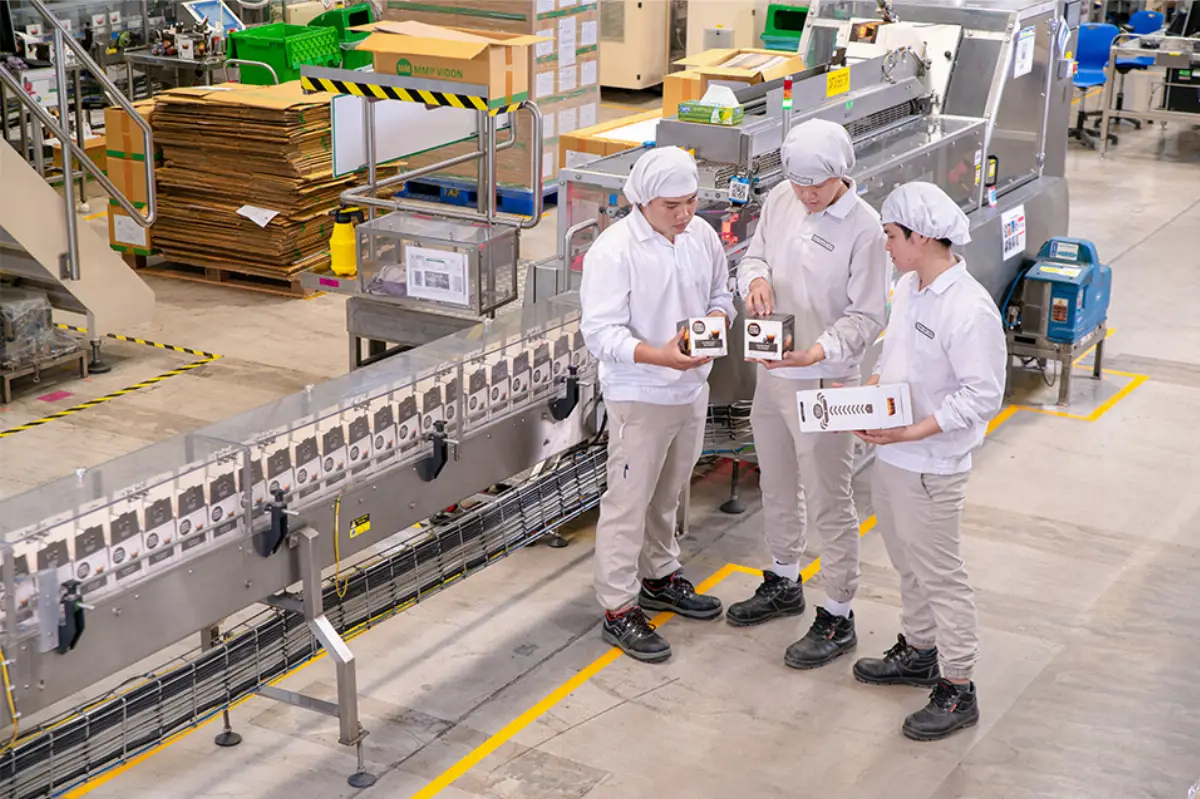
Do you want to access to this and other private contents?
Log in if you are a subscriber or click here to request service
Nestlé Vietnam, 100 million dollars to expand coffee production
The investment will increase the production capacity of the Tri An plant, southern province of Đồng Nai

"Strategic" investment for Nestlé Vietnam which has decided to allocate 100 million dollars to expand the production capacity of its coffee plant in Tri An, in the southern province of Đồng Nai. According to the official statement of the multinational, the investment "will help increase the ability to meet the growing demand for coffee, making the Vietnamese market a center for the production and sup...
fc - 37377
EFA News - European Food Agency
EFA News - European Food Agency